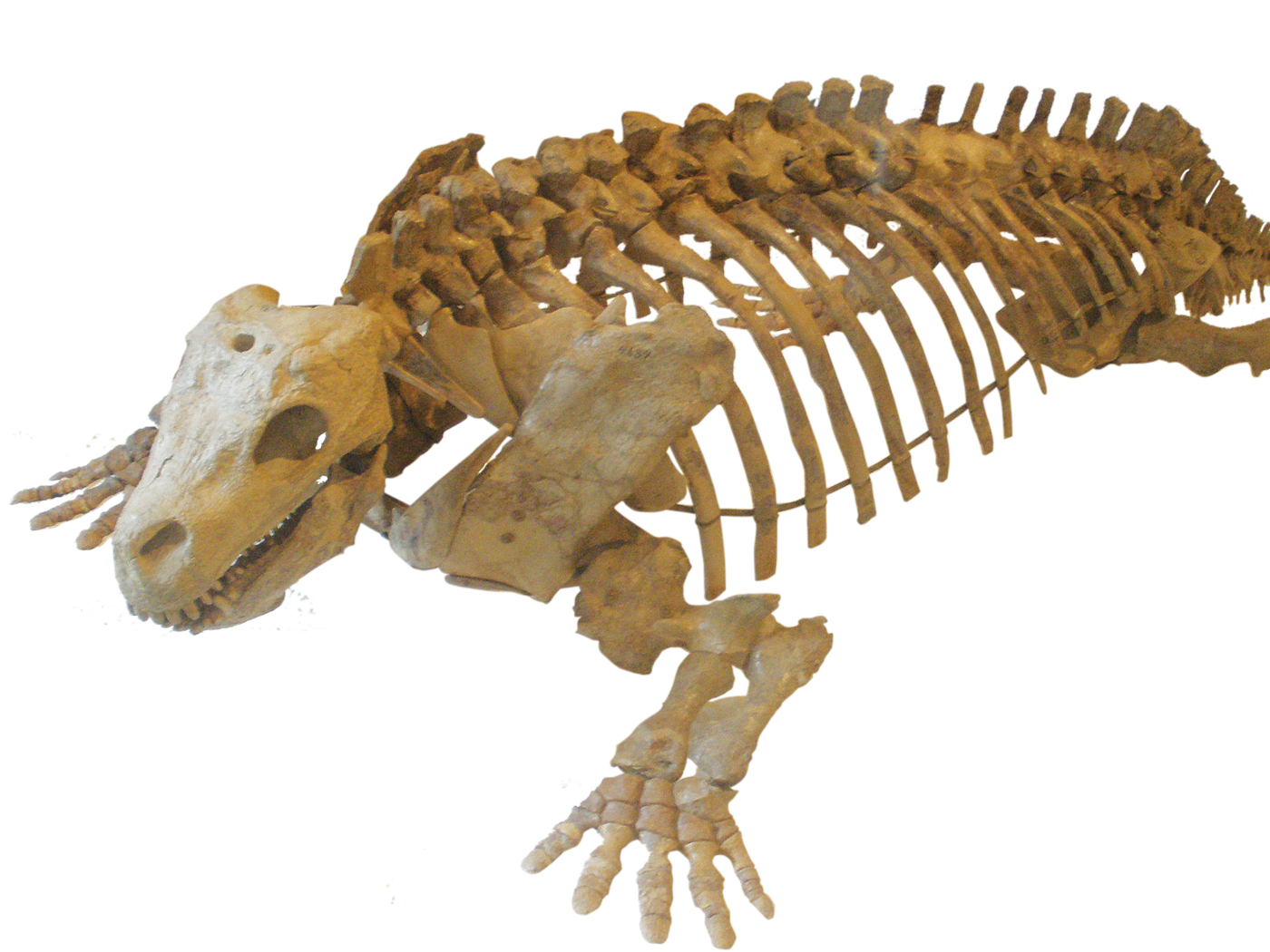Why do whale flippers, bat wings, crocodile claws, and human hands all have five digits? Why not three, four, six, or seven? Whoever attempts to explain biological origins needs to explain why this common pattern appears in very different animals and develops along completely different pathways. Biomedical chemist Michael Denton recently outlined why Darwinism fails to account for these facts and proposed an alternative.1 Does his new explanation fare any better?
The intelligent-design journal, Bio-Complexity, featured this latest work from Denton, who is probably most famous for his influential, evidence-based book, Evolution: A Theory in Crisis.1,2 His recent effort aims to replace molecules-to-man evolution with a different origins idea—but it's not creation.
Denton advocates "structuralism," which proposes that properties inherent in matter determine an organism's features. He described the opposing functionalist view, where outside factors are thought to shape organisms' features, as Darwinian and did not mince words in his incisive rebuttal:
In short, the grand fact of what appears to be a veritable universe of non-adaptive order [e.g., same digit counts in unrelated creatures] is the nemesis, the Achilles heel, of the whole functionalist tradition. Accept the reality of formal, non-functional patterns as one of the primary facts of biology, and Darwinism becomes a special theory explaining or attempting to explain adaptation, but nothing more.1
Therefore, according to Dr. Denton, biologists would do well to return to the structuralist view held by "pre-Darwin scientists."
Structuralism claims that "physics plays a significant role in the generation of organic form."1 Similar to the way that properties of elements determine crystal forms, classic structuralism holds that properties of matter—or the laws of nature themselves—determine certain biological attributes.
Denton asserted, for example, that oily structures forming cell membranes "arise mainly from the self-organization of the membranes themselves." Similarly, he wrote, "the form of cells arises mainly from the self-organization of their constituents rather than by instruction from a detailed blueprint in the genome as functionalism/mechanism demands."1
Yet, though it stands in definite opposition to Darwinism, structuralism does not better explain life's patterns.
To begin, although lipids (i.e., fats, oils, waxes, etc.) bunch together because oil and water don't mix, this property alone has never produced a real cell membrane. Cell membranes are exquisitely crafted. The right amounts and kinds of lipids also require several membrane-specific proteins and glycoproteins that are functioning dynamically within specific arrangements.3 Elaborate cell membranes do not arise from simple oil in lab experiments, but they do always arise from pre-existing cell membranes.
So, after functionalism is ruled out, Denton's "self-organization" is not the only option left to explain cell membranes. In fact, if the information required to build new membranes comes from old membranes, then it does not come from Denton's physical laws at all. Creation should be on the table.
The same logic holds for whole cells. Even if the coded information required to build a new generation of cells may not be stored in DNA, then it is stored somewhere in the cell—information placed there by God, not by physics. Structuralism falls short.
Finally, nowhere in his paper did Denton deal with the information requirement for life. His crystal analogy fails in this regard, too. Crystals form orderly arrangements, but biological arrangements go far beyond mere order to information-rich organization where the order conforms to non-repeating, coded information instead of a simple, repetitive, crystalline algorithm.
In short, both functionalism and structuralism fail to explain biology. Each paradigm calls upon nature to do what it simply cannot do: write precise biological software and arrange biological hardware accordingly. And both paradigms exclude God.
Still, the "puzzle" remains—different creatures share the same number of digits that grow through very different developmental pathways. Whereas these observations defy both functionalism and structuralism, they could well be considered signatures of creation.
References
- Denton, M. 2013. The Types: A Persistent Structuralist Challenge to Darwinian Pan-Selectionism. Bio-Complexity. 2013 (3): 1-18.
- Denton, M. 1986. Evolution: A Theory in Crisis. Bethesda, MD: Adler & Adler.
- Tomkins, J. P. 2012. The Design and Complexity of the Cell. Dallas, TX: Institute for Creation Research, 23-24.
* Mr. Thomas is Science Writer at the Institute for Creation Research.
Article posted on September 18, 2013





.jpg)










